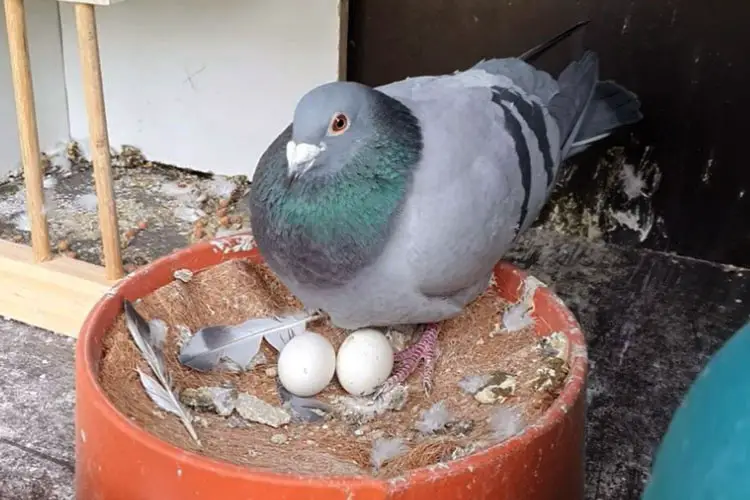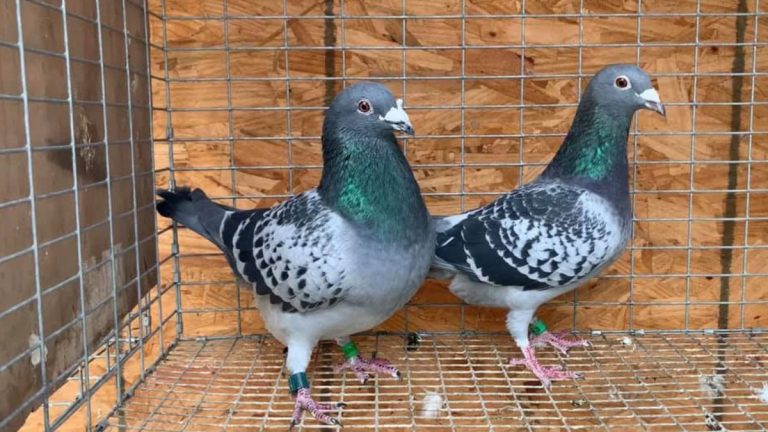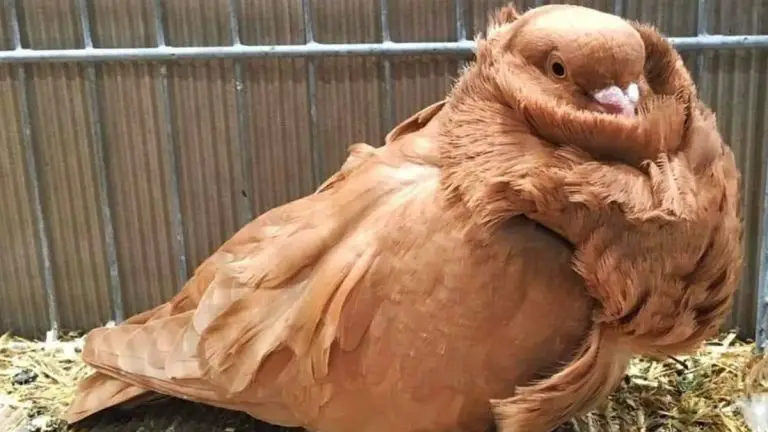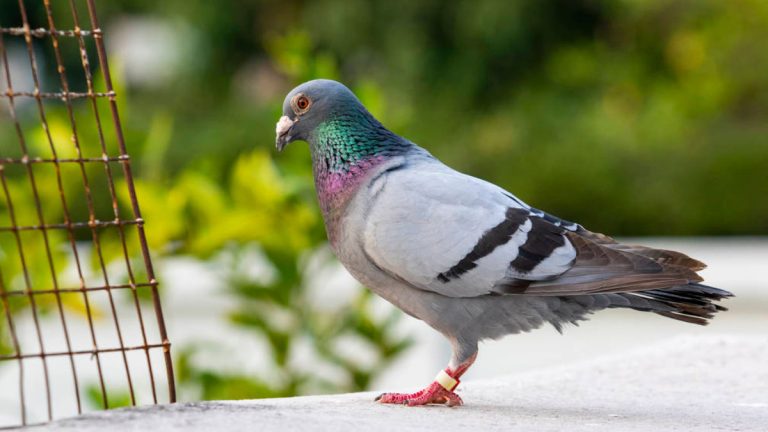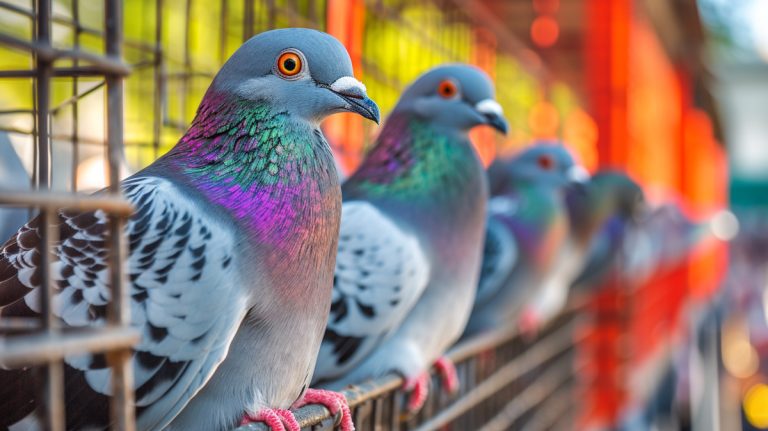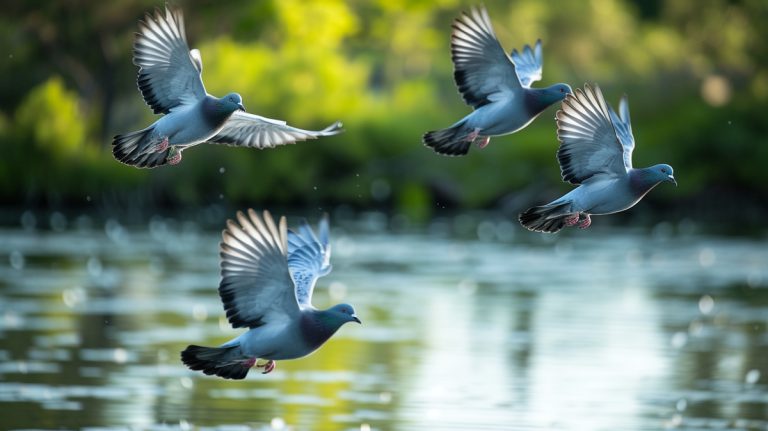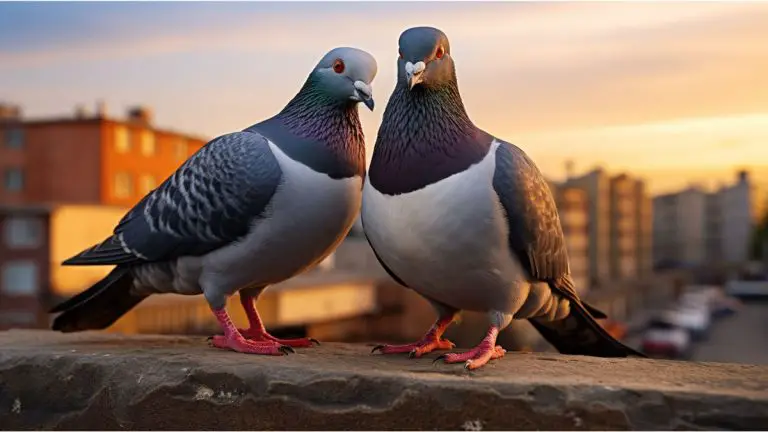How Long do Pigeon Eggs Take to Hatch?
The reproductive method of pigeons is fascinating to learn about, especially egg hatching. And ensuring the proper hatching will keep them growing in number. Which will eventually benefit the ecology.
So how long do pigeon eggs take to hatch? It depends on the environment, proper incubation period, and all other things. But in general, it takes 18 – 20 days.
We’ll dive into the world of pigeons and give you all the necessary details on just how long it takes for those eggs to hatch into tiny, fluffy chicks. So buckle up, grab a cup of coffee, and get ready to learn all about pigeon hatching.
How Long Do Pigeons Eggs Take to Hatch? Knowing the Ins and Outs
There is no doubt pigeons have a unique breeding cycle. A pigeon’s egg takes a certain time to hatch, such as 18 or 19 days as per experts.
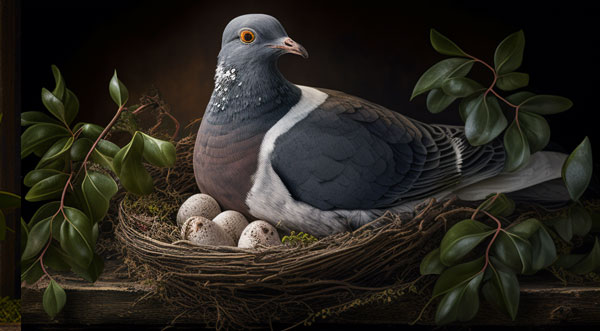
We will learn all of this information by breaking it down into sections.
How long does it take?
It is estimated that it can take up to 21 days. If the eggs do not hatch within this time frame, you may wait for some additional days. The egg may then be proven to be dead.
Occasionally, the mother will abandon the eggs. Because they know whether or not an egg will hatch after a few days. If you discover this, you can presume the egg is dead.
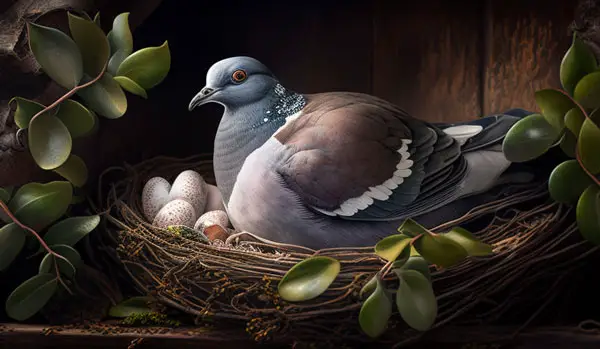
The incubation period of pigeon eggs is an amazing thing to look at. We will talk about it in three parts. The initial phase, the development phase, and the final phase.
1. Initial Phase
In this phase, the egg is laid. The female pigeon begins incubating it. This incubation period is crucial for maintaining the ideal temperature and humidity levels, which are necessary for the egg’s development.
After one or two days, the embryo begins to form inside the egg, and the blood vessels start to develop. The yolk, which is the source of food for the developing embryo, begins to move around inside the egg.
This phase may take 5 or 6 days overall.
2. Development Phase
In the development time, the eyes and beak of the embryo may be visible. The embryo grows and develops, and the yolk becomes smaller as it is used up for food.
After that, the embryo starts to hatch, and the egg becomes cloudy. This is a sign that the egg is nearly ready to hatch, and the parent pigeons may begin to spend more time in the nest.
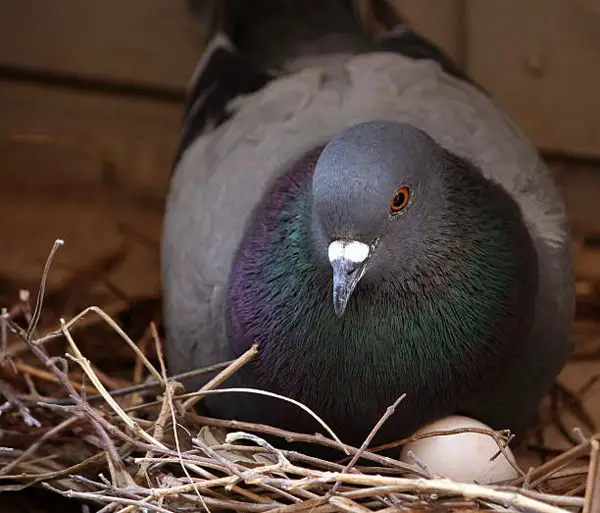
They will try to keep the eggs warm and turn them frequently. This phase can last for another 5 or 6 days. That means 12 days of a hatching period might be spent in the initial and development phase.
3. The Final Phase
The embryo starts to peck at the shell with its beak. This is called “pipping,” which signifies that the embryo is ready to hatch. The parent pigeons will continue to keep the eggs warm and turn them frequently.
But the embryo continues to peck at the shell until it creates a small hole. Then, it pushes its way out of the egg, and the hatchling emerges. The hatchling will be covered in downy feathers and will need to be fed and kept warm by the parent pigeons.
Finally, on day 18 or 19, its eyes will have opened. At this point, the hatchling is fully developed, and it is ready to start exploring the world around it. This phase may take 1 week overall. So, the hatching period may take 18 – 20 days roughly.
Pigeons Eggs Hatching: Things you Need to Know
This is influenced by several factors, including temperature, humidity, and the position of the eggs. Let’s take a closer look at each of these factors.
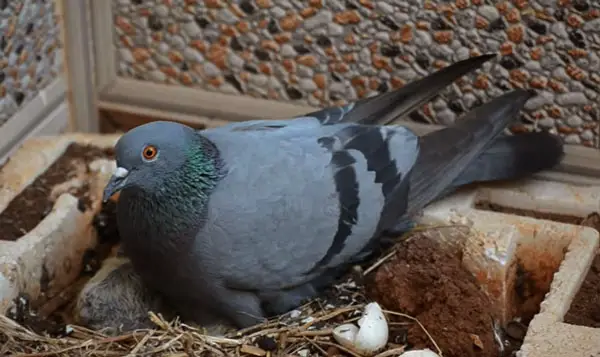
Temperature is a Key Focus
A comfortable temperature for incubating pigeon eggs is around 37.5°C. It’s important to keep the temperature within this range to give the eggs the best chance of hatching successfully. Just like us, pigeons have specific needs when it comes to temperature.
However, deviation from this model range can have serious outcomes.
Think of it this way, suppose the temperature is too hot; you will feel uncomfortable, right?
On the other hand, if it’s too cold, it’s like trying to sleep outside the home in the middle of winter. Neither of these scenarios is ideal and the incubation of pigeon eggs is kinda same compared to this particular situation.
The summary is when it comes to incubating pigeon eggs, the temperature is one of the key factors. Make sure to keep the incubator at the right temperature. Ensuring this will eventually give those eggs the best possibility of hatching into healthy, happy chicks.
Humidity Ensures Proper Development
The ideal humidity for incubating pigeon eggs is between 50% and 65%. This range provides the perfect balance of moisture to keep the eggs healthy and hydrated. But what happens if the humidity goes off balance?
Well, too much humidity can create a breeding ground for bacteria and mold. It can be dangerous to the developing eggs. Furthermore, low humidity levels can cause the eggs to become dry and crack. That means the embryo gets unprotected, which really can hamper the egg.
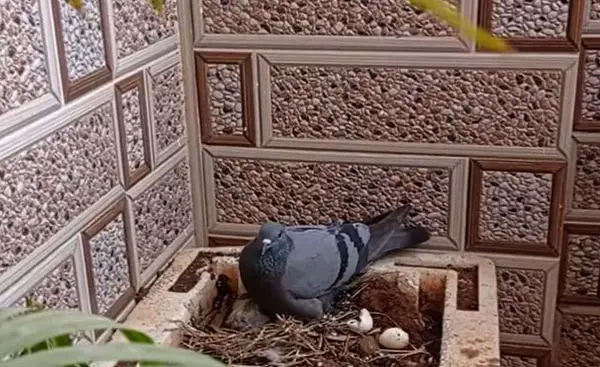
Just like with temperature, it’s crucial to maintain the correct humidity level during the incubation period. If the temperature and humidity combine greatly, the eggs will have the best chance of hatching into healthy chicks.
So, the next time you’re feeling a little damp and sticky on a humid summer day, just think of the brave little eggs incubating away. Don’t forget to give them a cheer!
Position of the Eggs
Did you ever try to bake a cake but forgot to rotate it in the oven? If so, what was the result? I swear the other par was unbaked. Well, the same thing can happen to a developing embryo in a pigeon egg. That’s why the position of the eggs is so important during incubation.
You see, pigeons have their unique method of keeping their eggs warm. They turn the eggs frequently to make sure that every inch of the egg is evenly heated. This gentle rotation helps the embryo to grow and develop properly.
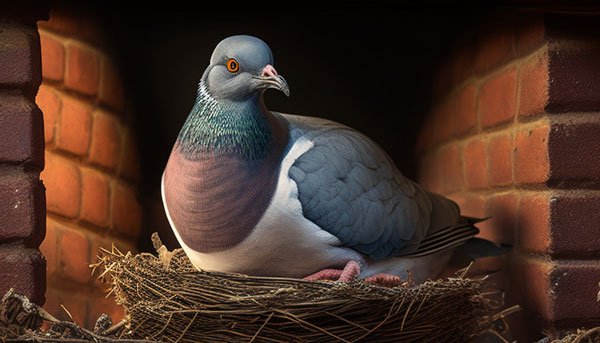
But, if the eggs are not turned, the embryo can become attached to the shell. It can lead to difficulties when it comes time to hatch.
So, the next time you admire a pigeon family incubating their eggs, respect the critical role that egg position plays in the incubation process. By turning their eggs, the parent pigeons are giving their children the best chance for a healthy and successful hatching.
If you’re interested in learning more about pigeon breeding and health, you might find our articles on why pigeon eggs may not hatch and pigeon yellow poop informative. Our article on why pigeon eggs may not hatch explores the common reasons for failed hatchings and how to prevent them, while our article on pigeon yellow poop provides insights into the potential health issues associated with this type of droppings. Check out these articles to learn more about the fascinating world of pigeons and how to successfully breed and care for them.FAQs
Do you want to learn more? keep your eyes on this section.
In general, a pigeon egg can hatch within a 12 to 18-hour time frame after pipping. In some cases, the hatching process may take longer.
It is important because they typically incubate their eggs by turning them frequently. They do it to ensure that the eggs are evenly heated. If the eggs are not turned, it can lead to problems with hatching.
Pigeon eggs should be turned several times a day to ensure equal heating. It will prevent the embryo from becoming stuck to the shell.
Conclusion
So, the mystery of how long do pigeons eggs take to hatch has been solved! Usually, it takes around 18 to 20 days for these little guys to hatch. This process is broken down into three stages – The initial phase, development, and hatching. Each stage lasts about 5 to 6 days.
But it’s important to keep in mind that for successful hatching, you need to pay attention to essential factors such as temperature, humidity, and egg-turning. These little details can make a big difference in ensuring your pigeons hatch healthy and strong.
